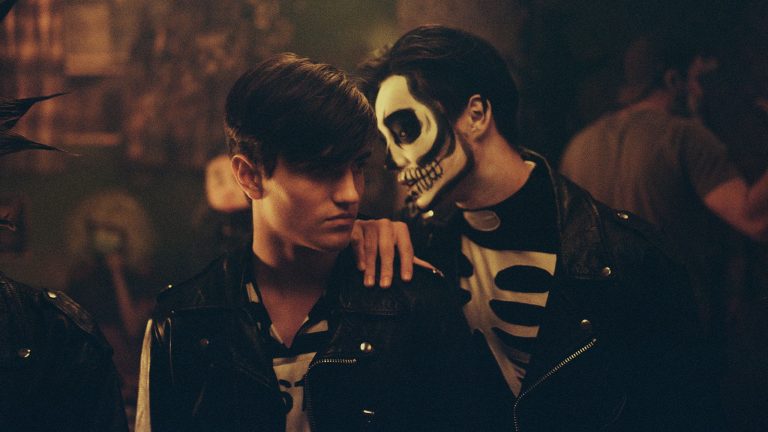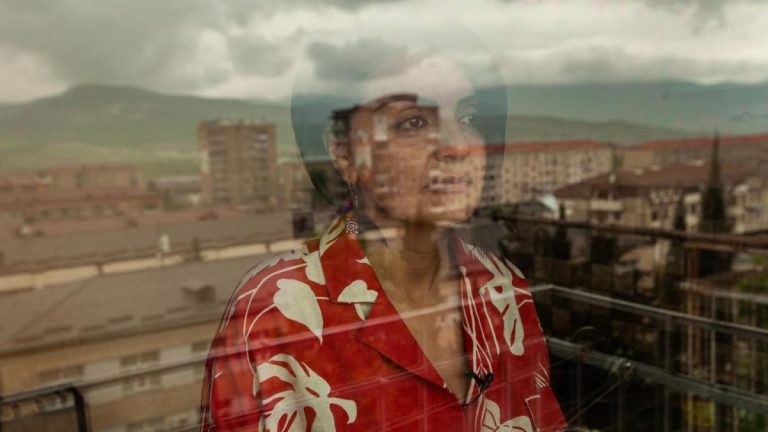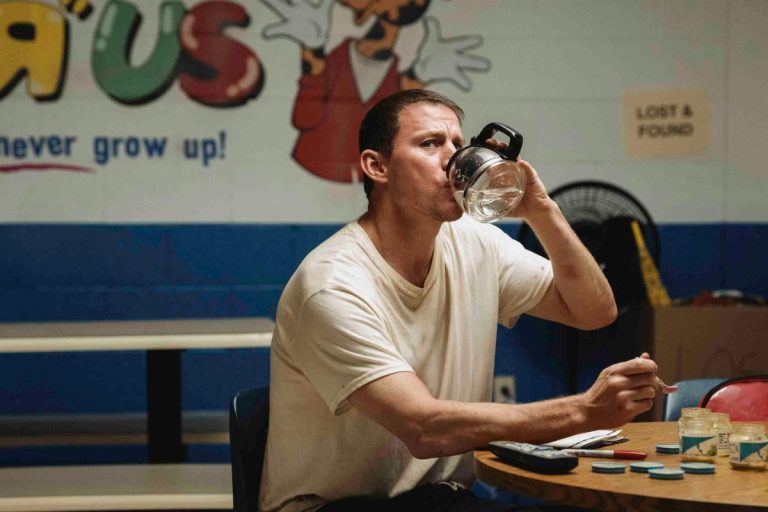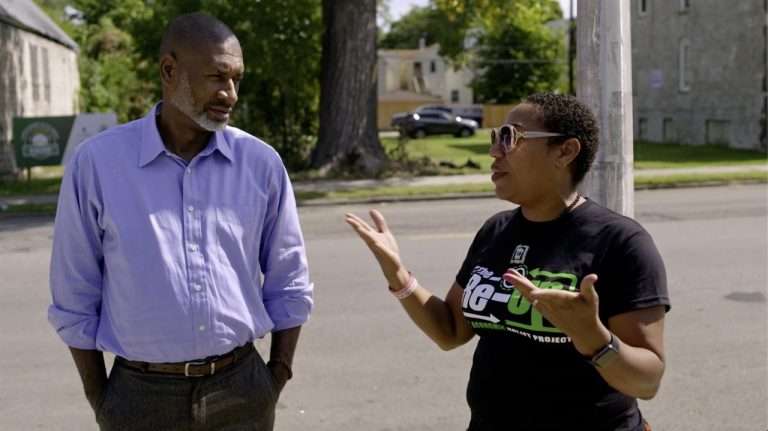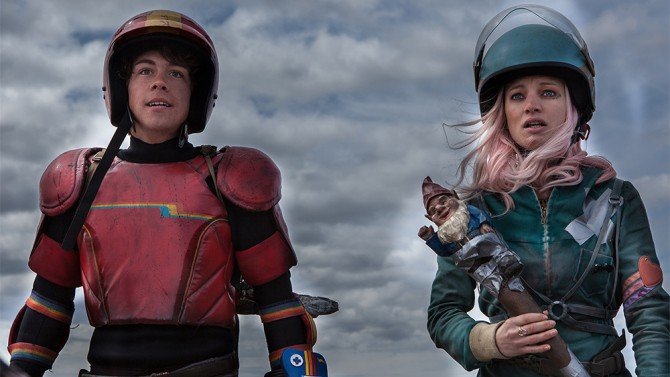For the longest time, I’ve always wondered what bravery means, especially in cinema. Is bravery trying new things in filmmaking? Is it making art almost selflessly at a great personal and physical risk? Or is it saying the quiet part out loud, not knowing the consequences? Perhaps it’s knowing what you’ll face, what wrath awaits, and committing regardless.
During the 78th Cannes Film Festival, there were many films you could call powerful, but only one felt brave. Shot in secret without permits around Tehran and Iran, while also being in defiance of the head covering rule. A Simple Accident” (Original title: Yek tasadef sadeh, 2025) is cinematic political resistance in the purest form, a film that left me slack-jawed and dumbstruck when the credits hit. This is Panahi’s first film as an unrestricted man after years of torture and torment from Iranian authorities.
After accidentally hitting a stray dog with his car, damaging his engine, an Iranian family man with a prosthetic leg gets kidnapped by Vahid. A mechanic who believes that the family man is Peg-leg, a once-notorious torturer for the Iranian regime who ruined Vahid’s life. Vahid ends up kidnapping the man, but isn’t sure if he is Peg-leg, causing him to bring in other victims of Peg-leg’s barbarity to figure out if this is the demon behind all their nightmares.
The motley crew of ex-detainees of Peg-Leg that Vahid assembles includes Shiva a wedding photographer, Goli and Ali a couple in the middle of their wedding photos and Hamid an erratic and angry worker. The collection of odd characters is now left weighing up not only the morality of what they might have to do if the man sitting in the trunk of the van is indeed Peg-leg but also the conundrum and guilt they face.
What if he isn’t Peg-Leg and they’ve just kidnapped a family man with a heavily pregnant wife? The film takes place over a day, with tensions rising as every second passes, as the characters start to wonder what to do, but also what this thirst for vengeance has turned them into. What follows is an incredible balancing act that is mournful, funny, and incredibly angry. Panahi has never been one to shy away from directly challenging the Iranian government through cinema. Most of his work, however, would blur the lines between documentary and fiction; even his prior film “No Bears” (which stars Panahi) was made when he was prohibited from filmmaking and follows a director trying to make a film in secret, despite the ban.
Panahi’s latest breaks away from this tradition, opting for a slightly more traditional narrative, shifting away from docu-fiction while still working with non-actors and shooting in secret. Despite not being in front of the camera, Panahi’s screenplay goes for the jugular. It spares no expense in detailing the cruelty that Iranian citizens have suffered at the hands of the tyrannical regime for things like simply joining worker protests and standing up for women’s rights, such as the recent Woman Life Freedom movement that was sparked in 2022 after the death of Masha Amini.
At age 64, Panahi himself was imprisoned, tortured, and interrogated in Iran’s notorious Evin prison for seven months, his imprisonment only ending after he went on a hunger strike. Panahi channels his anger and pain and the collective rage and mourning of an entire nation into his screenplay. It burns through the screen into the audience, making us question revenge and whether or not it will purify us. The acting ensemble that plays the once-dissidents is incredible. Each performance is so incredibly layered, with the cast managing to walk the line between sweet, funny, and embodying the pain of being consumed with vengeance.
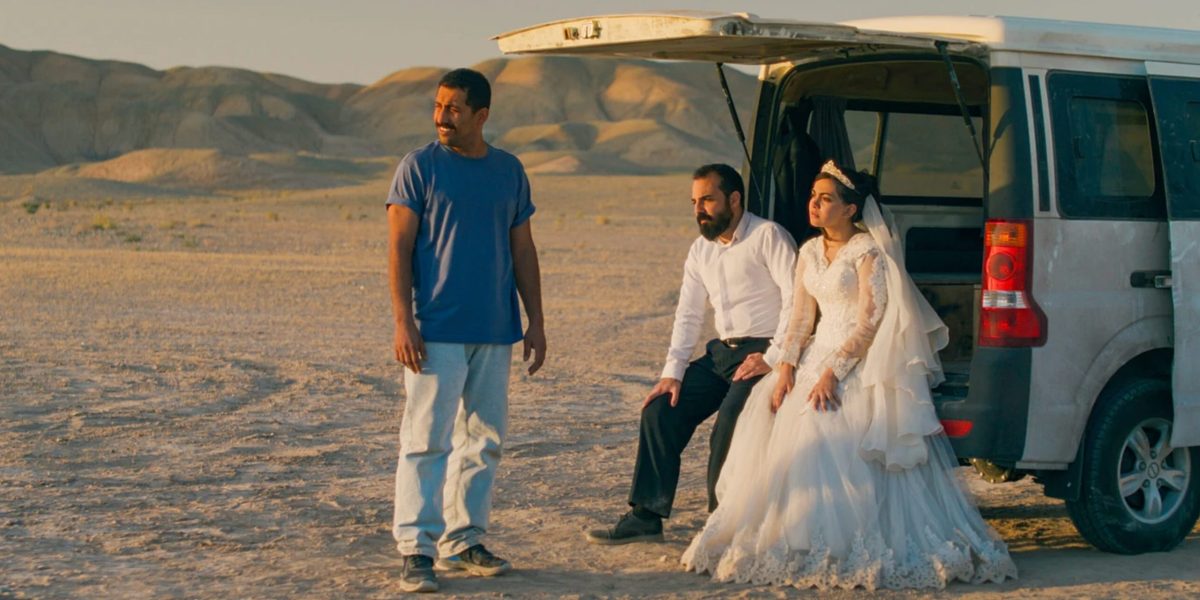
The screenplay is consistently thought-provoking, introspective, tense, and funny, all while maintaining an intense urgency. This doesn’t feel like a film Panahi and co want to make, but rather one that every fibre of all those involved has to make. The filmmaking is sublime, and with a run time of 101 minutes, not a second is wasted.
The film unfolds through a series of assured and fairly restrained long takes with imagery that at points invokes classic westerns and even “Waiting for Godot.” The tonal shifts that Panahi somehow pulls off feel miraculous, and each moment of levity feels like a much-needed release of tension before things become more intense and absurd. By acknowledging the inherent absurdity of the situation with comedy, Panahi allows the film to deepen its thematic resonance and sets the stage for a finale like no other.
In the final twenty or so minutes the film ever so slightly shifts gears into something meteoric. The weight and tension of the last hour and twenty resulted in a static shot-long take finale, which caused the entire Grand Theatre Lumiere to collectively lean in. You could truly feel the years of pain, sadness and anger that the film was harbouring. Political cinema at its most urgent, cinema at its bravest. Watching that sequence unfold, unlike anything I’d seen, there was indescribable electricity in the room.
We witness a filmmaker and a team go the full mile, not hold back a single word, knowing that it was placing a target on their heads and doing it anyways. The whole scene hinges on performances that were given by Vahid Mobasseri, Ebrahim Aziz and Mariam Afshari and they deliver mournfully ferocious performances for the ages.
It is clear with “A Simple Accident,” Panahi and Co. are putting so much on the line to deliver, and I don’t use this word lightly, a masterpiece. One that embodies the pain of a nation oppressed. Watching Panahi’s speech after the film, in his first appearance at an international film festival in many years, paired with the weight of the work I had witnessed, it was hard not to burst into tears during the ovation.
“A Simple Accident” might just be Panahi’s masterpiece. An urgent ensemble piece about the morality of vengeance and the pain held by ordinary citizens within a regime. It questions what the goal of revenge is: will it purify us from our pain, or will it corrupt us? Panahi never holds back, and in a time where artists are bending the knee more often to fascism, Panahi’s direct aim at his government feels astonishing. A truly brave piece of work that is formally accomplished, beautifully acted, and incredibly entertaining. A brave masterwork that reminds us what cinema can achieve as a tool of resistance.


